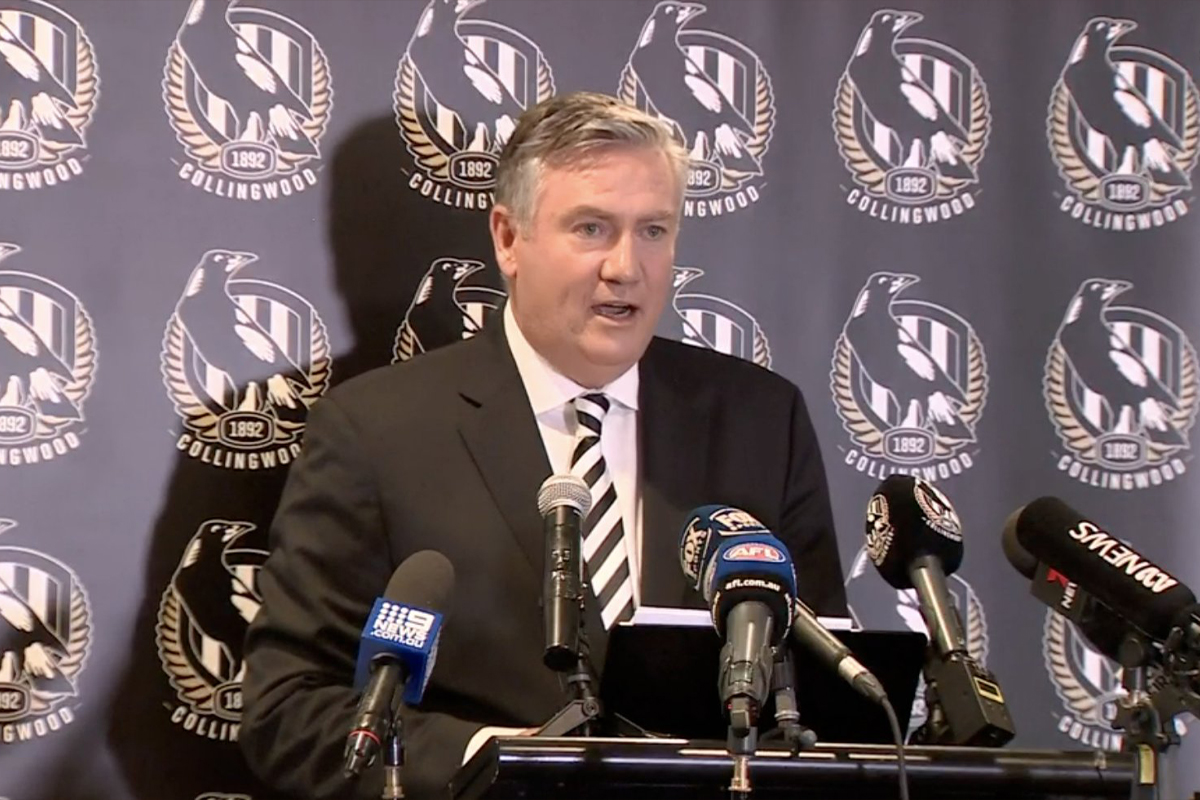Empathic leadership is the key driver of sustainable future business success as revealed by Mercer’s ‘2021 Global Talent Trends’ report.
The report supports the mounting calls from people for more human-centric leadership – a lesson Australian media identity Eddie McGuire learned the hard way. Following widespread criticism of his lack of empathy and humility while handling the recent racism investigation at AFL club Collingwood, he resigned as President, a role he had held since October 1998.

“We all have an ego; it’s the natural side of our humanity,” says Caroline Kennedy, a CEO and global thought leader on business and leadership. “The leadership and ego relationship is one of polarity. Leaders need to possess a healthy sense of ego, so they’re confident and inspire people to follow. But if the ego gets out of hand, it becomes the enemy of great leadership.”
What does this mean for ego-driven leaders? Well, ego focuses on self at the cost of others, damaging the workplace.
What is ego?
Our ego is our perception of ourselves and how we want to be seen by people. It’s tied in with our self-esteem and confidence. Leaders need a certain amount of ego to be credible and to inspire the confidence of their teams.
The balance to ego is humility, and we’re all somewhere on a sliding scale between the two. We can move between the two because our position is not fixed. It’s when ego becomes the dominant driver of behaviour that our leadership skills fail us.
Is ego all bad?
Ego is a self-preservation tool. It protects our self-belief and confidence by shaping our thoughts in response to tough situations, failures and criticisms. In that sense, ego is our protector. It’s what makes us fight to be better and do better, and to be successful.
“A balanced and healthy ego recognises our weaknesses and strengths and understands this as part of normal human nature – it’s the ego of a good leader,” Caroline says. “Unfortunately, there are many leaders with unhealthy egos born of the politics and power behind traditional organisations.”
What happens when you are ego-driven?
Jaap Boonstra, author of Organisational Change as Collaborative Play, says, “If you have a big ego, you’ll be in trouble as a leader.” He believes ego-driven leaders are inflexible and unable to respond to change. They need to feel power and control to feed their confidence.
Ego-driven leaders think about how they feel, not how others feel. “They struggle to accept criticism or feedback. They place blame on their teams,” Caroline says. “They need always to be right and be the font of all knowledge. In all their interactions and decisions, they are looking for, ‘What’s in it for me?’. Ego-driven leaders are incapable of listening or recognising different perspectives.”
What difference does empathic leadership make?
Leaders with empathy transform the way their teams feel about work and the results they generate. Studies show empathy increases creativity. It is positively related to job performance. Businessolver’s ‘2020 State of Workplace Empathy’ survey shows:
- 76 per cent of employees believe an empathetic organisation inspires more motivated employees
- 74 per cent of employees would work longer hours for an empathetic employer
- 80 per cent would switch companies for equal pay if the employer were more empathetic
Clearly, empathy is a key driver in employee satisfaction and business performance, says Caroline.
What is your ego doing to your performance?
“Don’t be surprised if you find that question hard to answer. It’s not something we consider. If we think about it at all, it’s probably to judge the size of someone else’s ego,” says Caroline, author of Lead Beyond 2030: The Nine Skills You Need to Intensify Your Leadership Impact.
“I encourage you to do some self-assessment and reflection. The world is in turmoil, and it’s affecting your people. Changes are coming thick and fast at work and in our daily lives. People are feeling confused, insecure, and ill-equipped to cope.
“As Mercer‘s survey showed, we need to shift our focus to people, not processes. To do that successfully, you need to manage your ego, so it doesn’t trip you up. It’s empathy and influence that’s required to win in this ever-changing world.
“If you always want to be right, be the decision-maker, win recognition, or hold power, your ego is killing your leadership career. Be honest with yourself. You need to change. Only when you are willing to think about others will you improve your leadership excellence and create an engaged, accountable and high-performing team and organisation.”







